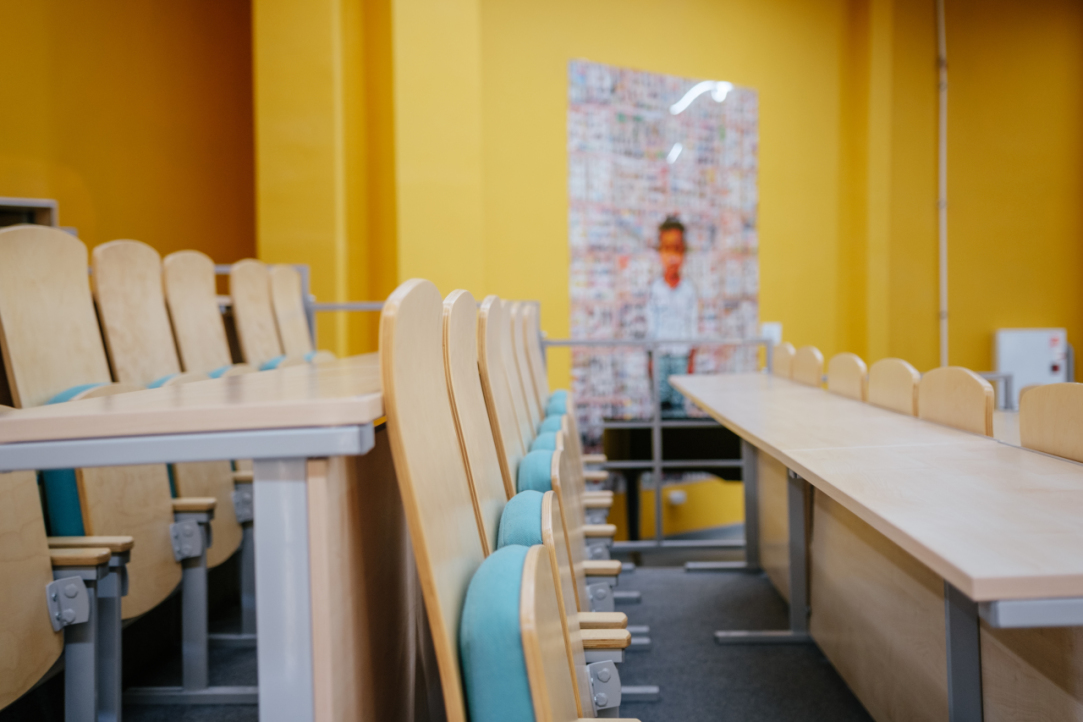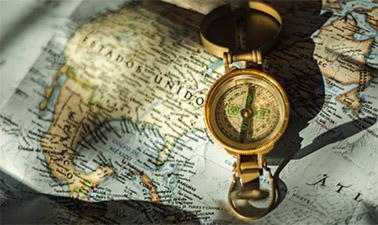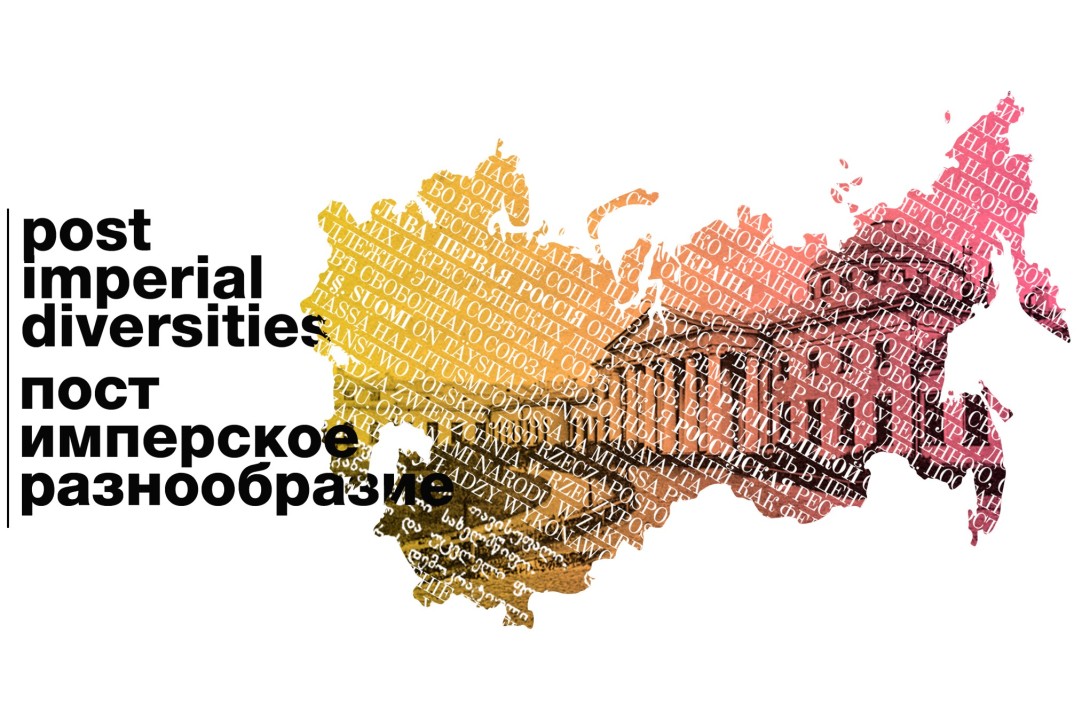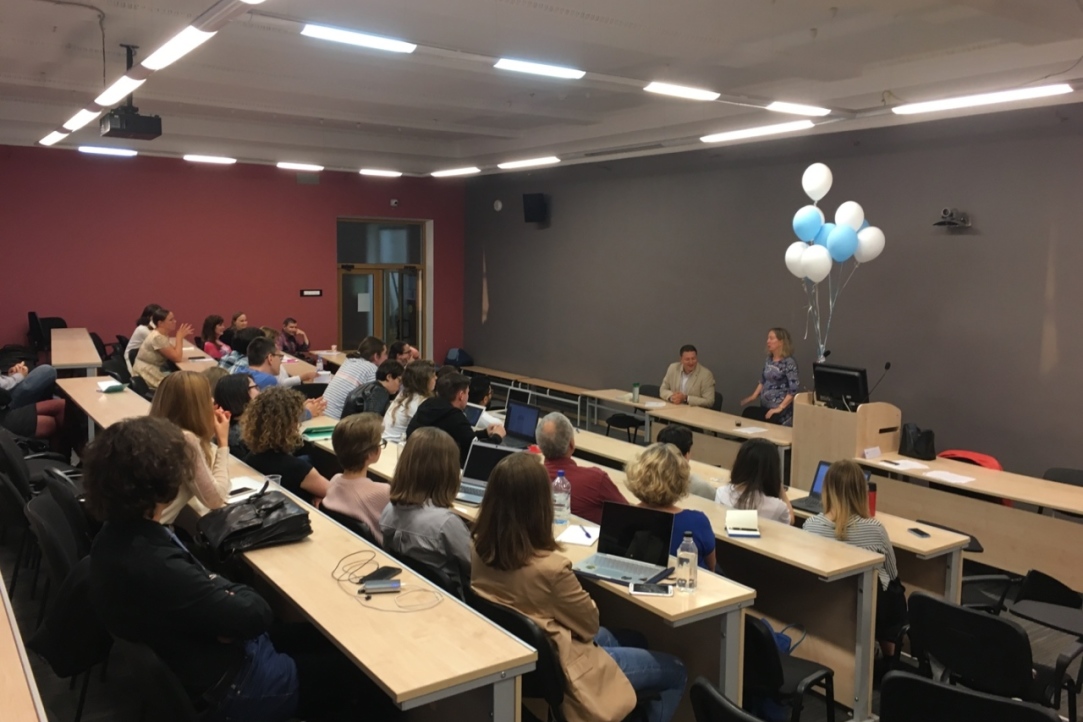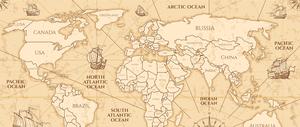
- A
- A
- A
- ABC
- ABC
- ABC
- А
- А
- А
- А
- А
-
Department
-
Educational programmes
Address:
190068 Saint Petersburg
123 Griboedov channel, Room 123
Phone:+7 (812)786-92-49
Postal address:
190068 Saint Petersburg
123 Griboedov channel
The Department of History was created in 2012. The overarching goal of the department is systematic development of the field of global, comparative, and transnational history as a potent tool of overcoming the limitations of national history canon, fostering interdisciplinary dialogue in the field of social sciences and humanities, and brining new public relevance to historical knowledge. The department mission includes the development of new type of historical undergraduate and graduate education in Russia and pioneering new research fields in Russian historiography in dialogue with the global historical profession.
 Social History of the True Orthodox Christians Wandering in Russia. Capitalism, Communism, and Apocalypse, 1900-1930
Social History of the True Orthodox Christians Wandering in Russia. Capitalism, Communism, and Apocalypse, 1900-1930
L.; NY: Routledge, 2025.
Chukcheeva M.
Nineteenth-Century Art Worldwide. 2025. Vol. 24. No. 3. P. 246-254.
In bk.: Women, Gender, and Technosciences, 1900–2020. A Beard to Govern. Routledge, 2025. Ch. 7. P. 123-140.
Khvalkov E., Levin F., Кузнецова А. Д.
Working Papers of Humanities. WP. Издательский дом НИУ ВШЭ, 2021
News




